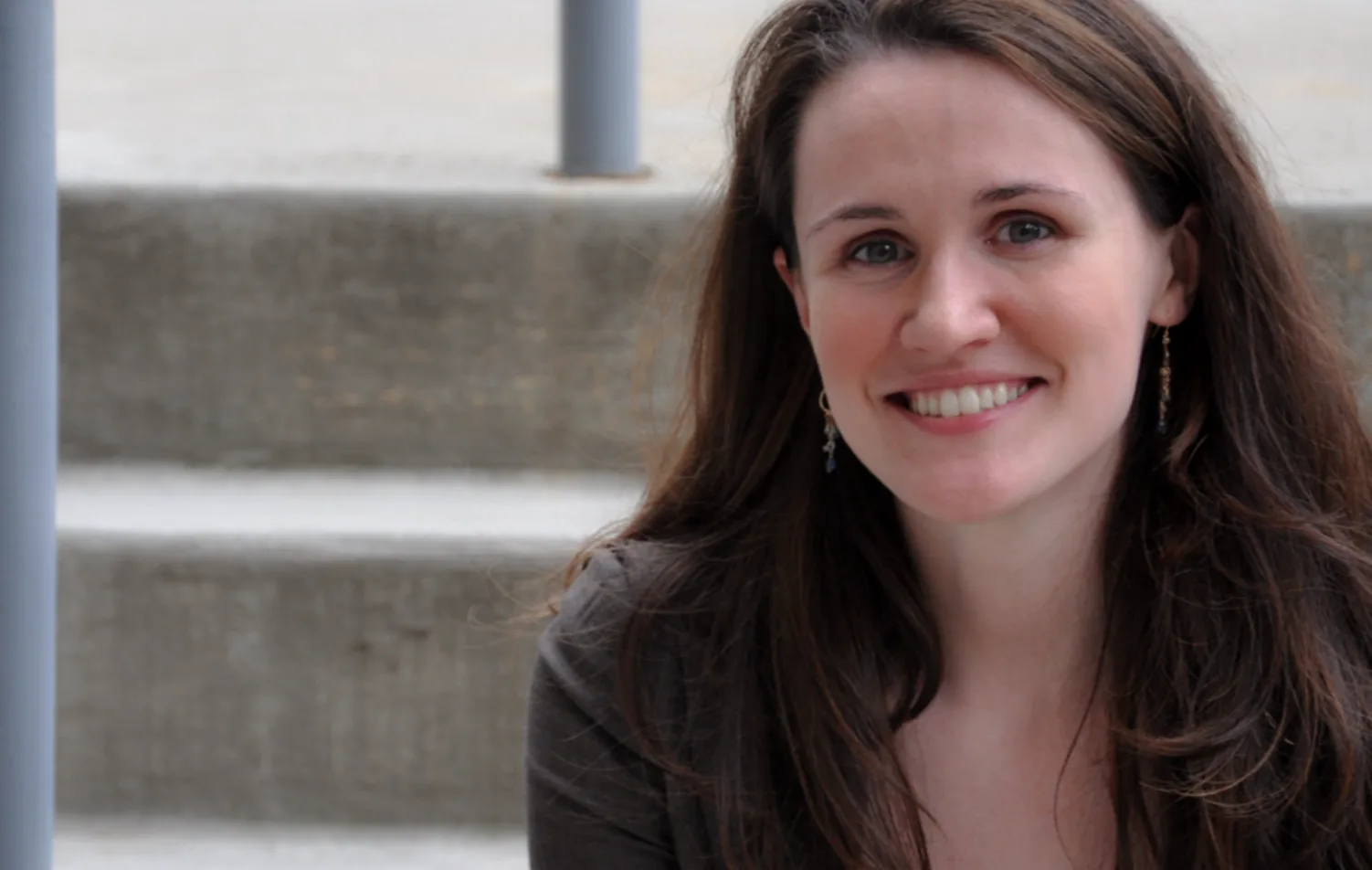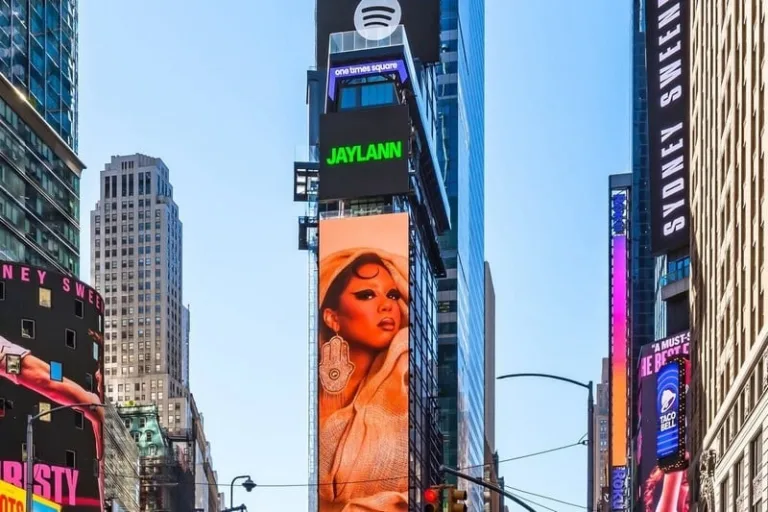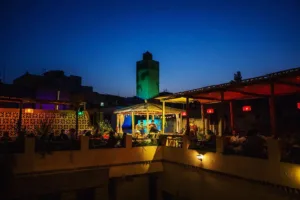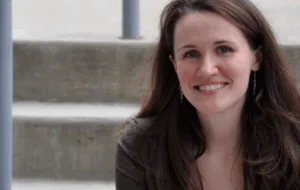Rabat — Liz Murray grew up in the Bronx – the heart of New York, known for being a hub of cultural diversity and varying popular cultures like Hip-Hop music. The Bronx is also known for being one of the most dangerous five boroughs of New York..
Born in 1980 in New York with both her parents and her big sister, Liz Murray was not brought up in the most conventional household. The neighborhood struggled hard drug abuse, and her parents were no strangers to the substance abuse that was tearing through the Bronx.
During the 70s and the 80s – the era in which Liz’s parents grew up – artistic creativity and rebellion was popular among the youth, especially in the rougher areas like the Bronx. Drugs were, and still are, unfortunately, a means through which most artists get their inspiration from. It is also how marginalized groups, like neglected youth, deal and cope with poverty, mental health issues, discrimination, and other social issues.
Addiction: A vicious cycle
In our general discourse, there is a lot of unaddressed stigma surrounding drug users. Most people treat drug users based on the belief that addiction is a choice – believing that one simply chooses to engage in drug use. Rather, addiction is a true health condition that needs to be addressed like any other disease.
In her memoir “Breaking Night” Liz Murray stresses that both her parents were good,loving parents to her and her sister, who simply found themselves in an unlucky situation. “I grew up in a home filled with love. It just so happens that mom and dad were addicted to cocaine and heroin… We had drug addiction like a wrecking ball tearing through our family.”
Even through poverty, the Murrays stuck together through the toughest of times. At a very young age, Murray understood the complexity of addiction. She knew well that it was too late for her parents to get back on the right track again.
Regardless of everything, Murray still saw her parents for what they were and not their addiction.“If I hated anything at all, I hated drugs and addiction itself, but I did not hate my parents. I loved my parents, and I knew they loved me.”
A catalyst for change
Murray’s parents decided at some point to split. Early in the separation, Liz’s mother went with her oldest daughter Lisa to live with the grandmother, while Liz stayed with her father to take care of him. Her mother was later diagnosed HIV positive, which quickly took a turn for the worse and turned into AIDS. At the age of 14, Liz lost her mother which completely turned her life upside down.
Liz’s older sister decided to stay with her father at a shelter after the death of their mother. Unable to support the environment at the shelter, Liz found herself homeless around the age of 15, fending for herself. Eventually, although Liz was homeless, she decided to shift her focus towards her studies and academics to overcome her grief and use it as a catalyst to change her life.
Homeless to Harvard
Liz Murray was known in her previous schools for being gifted in academics. As her life with her parents became more and more complicated, she found herself obliged to quit school. Following the death of her mother, Murray saw no other way out of her situation than to get back to school and use her academic talents to change her life for the better while she could.
Murray believed in possibility, for better or for worse. She believed attending school and working hard was in her control. It was possible.
Going from school to school, Murray did not rest until she found a high school that would accept her regardless of her situation, and at age 17, she finally enrolled. At 19, she got a scholarship from The New York Times scholarship for needy students. The scholarship got her the visibility she needed to get her into Ivy League colleges. Murray attended Harvard in the fall of 2000 and graduated in 2003 with a degree in Psychology.
Liz Murray published her memoir in September of 2010, titled Breaking Night: A Memoir of Forgiveness, Survival, and My Journey from Homeless to Harvard. In her writing, she tells her story, encouraging and guiding people in similar situations. She talks about how she was able to find the strength to fight, regardless of loss, poverty, and social injustice.
The story continues to inspire many people to this day. Liz Murray currently works as a motivational speaker. She also co-runs a charity organization called The Arthur Project which is based in the Bronx and helps struggling youth in the area with a focus on helping them with academia.
















